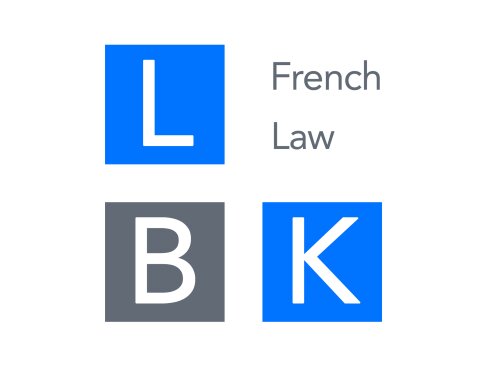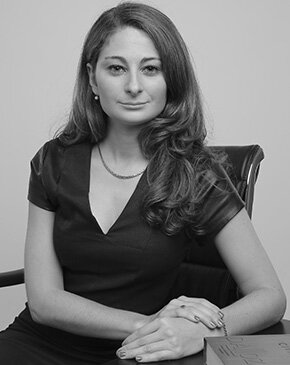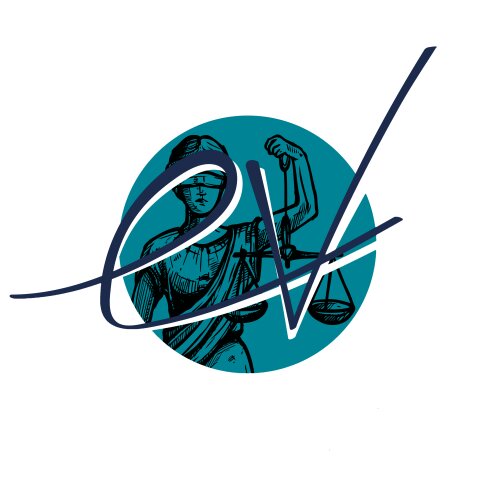Best Collaborative Law Lawyers in Paris
Share your needs with us, get contacted by law firms.
Free. Takes 2 min.
Free Guide to Hiring a Family Lawyer
List of the best lawyers in Paris, France
About Collaborative Law in Paris, France
Collaborative law in Paris, France is a legal approach in which both parties and their legal advocates pledge in writing to work collaboratively to reach a mutually satisfactory settlement without court intervention. It is primarily used for divorce, separation, child custody issues, and other family-related conflicts. This process promotes open communication, maintains a high degree of respect, and allows privacy for all involved, differing substantially from traditional adversarial legal proceedings. It's vital to note that the collaborative law procedure is voluntary and requires the full cooperation of both parties and their lawyers.
Why You May Need a Lawyer
You may need a collaborative lawyer if you're involved in a divorce process, facing a dispute over child custody, or dealing with other family law-related matters. A collaborative lawyer can guide you through the process smoothly, safeguarding your interests while also maintaining a cooperative relationship with the other party. They possess negotiation skills and understand the principles of the collaborative law, which involves fostering an environment of open communication and ensuring a fair settlement. Remember, in a collaborative process, if either party decides to go to court, both lawyers must withdraw from the case.
Local Laws Overview
The basic tenets of collaborative law in Paris, France, are quite similar to other jurisdictions. First and foremost, both parties voluntarily agree to participate in the process and negotiate in good faith. The objective is to reach a win-win agreement that respects the rights and needs of everyone involved. Transparency and information sharing are vital in this method. Unlike court proceedings, which are open to the public, collaborative law provides privacy for the parties involved. Under French law, should the collaborative process fail, lawyers will need to withdraw, and both parties will have to hire new attorneys if they wish to proceed with litigation.
Frequently Asked Questions
1. How does collaborative law differ from mediation?
Collaborative law and mediation are both forms of alternative dispute resolution but differ in a few ways. In collaborative law, each party has a lawyer to provide legal advice during the process. In mediation, a neutral third party (the mediator) helps facilitate the negotiations, but doesn't provide legal advice.
2. What happens if we can't reach an agreement during the collaborative process?
If you cannot reach a settlement through the collaborative process, the case proceeds to court for a decision to be made. However, your original collaborative lawyers would have to withdraw and cannot represent you in court.
3. Is the collaborative process binding?
The decisions made during the collaborative process are not binding until both parties agree to them and they are validated by the court.
4. Can collaborative law be used for business disputes?
While most commonly used for family disputes, collaborative law can also be used for resolving business disputes or any other dispute where parties are seeking a win-win solution and willing to cooperate.
5. How long does the process take?
The timeframe varies depending on the complexities of the issues, but it's typically a faster dispute resolution process than litigation.
Additional Resources
The French Bar Association and The International Academy of Collaborative Professionals are two key resources that provide more information about collaborative law in Paris, France. They provide guidance for professionals, support for clients, and promote the use of the collaborative process.
Next Steps
If you believe that collaborative law is the best approach for your case, the first step is to hire a trained collaborative lawyer. Following that, your lawyer will get in touch with the other party's lawyer to establish a dialogue. After all parties agree to proceed collaboratively, a series of round-table meetings occur where negotiations take place until a satisfactory settlement is reached.
Lawzana helps you find the best lawyers and law firms in Paris through a curated and pre-screened list of qualified legal professionals. Our platform offers rankings and detailed profiles of attorneys and law firms, allowing you to compare based on practice areas, including Collaborative Law, experience, and client feedback.
Each profile includes a description of the firm's areas of practice, client reviews, team members and partners, year of establishment, spoken languages, office locations, contact information, social media presence, and any published articles or resources. Most firms on our platform speak English and are experienced in both local and international legal matters.
Get a quote from top-rated law firms in Paris, France — quickly, securely, and without unnecessary hassle.
Disclaimer:
The information provided on this page is for general informational purposes only and does not constitute legal advice. While we strive to ensure the accuracy and relevance of the content, legal information may change over time, and interpretations of the law can vary. You should always consult with a qualified legal professional for advice specific to your situation.
We disclaim all liability for actions taken or not taken based on the content of this page. If you believe any information is incorrect or outdated, please contact us, and we will review and update it where appropriate.
















